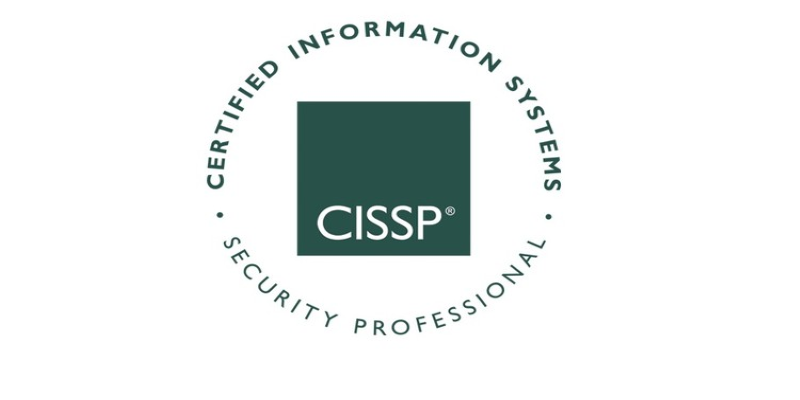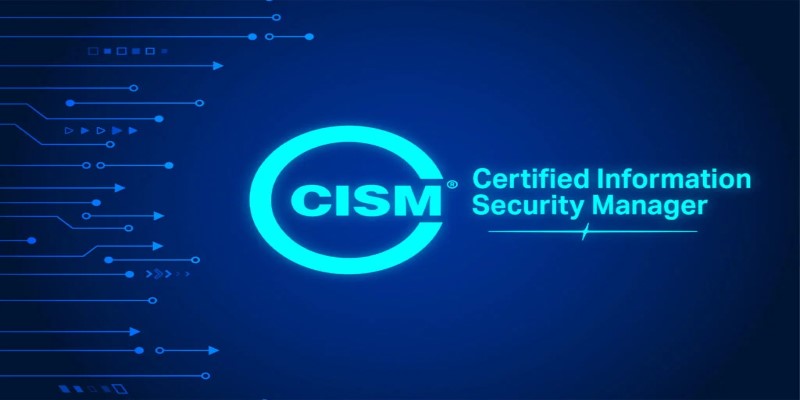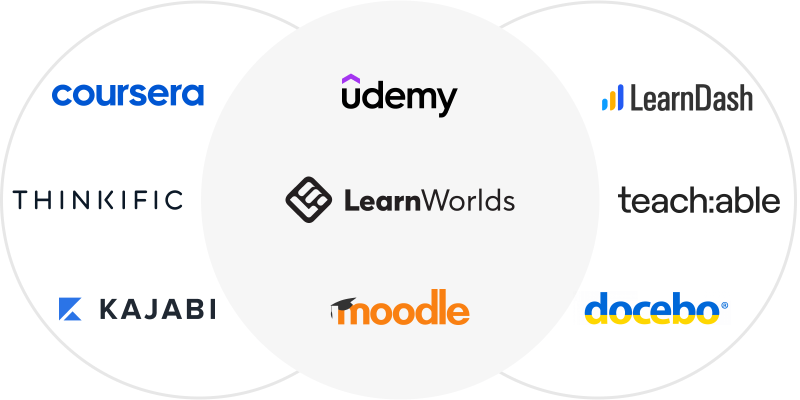Top Cybersecurity Certifications That Can Boost Your Career in 2025
Are you considering entering the rapidly growing field of cybersecurity but unsure where to begin? Or you're already in tech and want to boost your credentials. Either way, certifications play a key role.
In a fast-changing field, cybersecurity certifications do more than enhance your resume—they show you're ready to tackle real threats and use the latest tools. But with so many choices, how do you find the right one? This guide breaks down the most respected certifications, their target audiences, and why they're worth pursuing.
CompTIA Security+: The Entry Point With Real Value
If you're just getting started, this is where most cybersecurity journeys begin. The CompTIA Security+ certification is often considered the "baseline" for entry-level cybersecurity roles. However, that doesn't mean it's basic in a negative sense.
Think of it like getting your driver's license before you start racing Formula 1. Security+ demonstrates that you understand key security concepts, including network threats, cryptography basics, identity management, and risk assessment. It's vendor-neutral, meaning it's not tied to a specific platform like Microsoft or Cisco, and it's widely accepted across the government, defence, and corporate sectors.
Here's a practical reason to consider it: many job listings for roles like "Security Analyst" or "SOC Technician" list Security+ as a minimum requirement. The U.S. Department of Defence has even approved it for certain information assurance positions.
Ideal For: Beginners with 1–2 years of IT experience or those transitioning into cybersecurity
Exam Format: 90 questions, up to 90 minutes
Cost: Around $392
Certified Information Systems Security Professional (CISSP): The Industry Gold Standard

CISSP is not for beginners, but once you’ve got a few years under your belt, it’s one of the most prestigious certifications in the field. It’s issued by (ISC)², a global nonprofit that’s a big name in cybersecurity training and governance.
CISSP focuses on eight domains, from security architecture and software development to risk management and network security. Think of it as a certification for those who want to transition into senior roles—such as Chief Information Security Officer (CISO), security auditor, or information assurance architect.
In practice, CISSP is often the benchmark for leadership or consulting roles. It’s tough but incredibly valuable, especially for those looking to lead teams or design entire security systems from scratch.
Ideal For: Professionals with 5+ years of full-time cybersecurity experience
Exam Format: 125–175 questions (CAT-based), up to 4 hours
Cost: Around $749
Certified Ethical Hacker (CEH): Become a White-Hat Expert
Ever wondered how hackers think? CEH is designed to teach you exactly that—but for good. The Certified Ethical Hacker credential, provided by EC-Council, focuses on penetration testing, vulnerability analysis, and hacking techniques… legally, of course.
This certification gives you hands-on exposure to how real-world hackers breach systems. From reconnaissance to covering tracks, you'll learn both the offence and defence sides of cybersecurity.
Many professionals pursue the CEH when they aim to transition into roles such as penetration tester, red team analyst, or vulnerability assessor. The courseware is intense and simulation-driven, with labs and mock attacks to sharpen your practical skills.
Ideal For: Mid-level professionals, network admins, or IT pros eyeing penetration testing
Exam Format: 125 questions, 4 hours
Cost: Around $950 (exam + training materials)
GIAC Security Essentials (GSEC): Generalist with Depth
If you're somewhere between entry-level and specialist, GSEC might be your sweet spot. It's offered by the SANS Institute, an elite cybersecurity training organization known for its in-depth content and respected credentials.
GSEC is a practical, hands-on, and comprehensive program. It covers everything from authentication protocols to Linux security and incident handling. It's designed for professionals who need to demonstrate not just theory but real-world defensive capabilities.
Unlike some certifications that lean more towards an academic or theoretical approach, GSEC emphasizes the practical implementation and maintenance of security policies and defences.
Ideal For: Mid-level IT professionals transitioning into cybersecurity roles
Exam Format: 180 questions, 5 hours
Cost: Around $2,499 (includes training materials)
Certified Information Security Manager (CISM): For Aspiring Security Leaders

Seeking a managerial or strategic cybersecurity position? CISM, issued by ISACA, is for those focused on governance, compliance, and risk—not just hands-on tech skills.
CISM teaches you how to align cybersecurity with business objectives. It dives into incident response, information risk management, and program development at the organizational level.
If you're aiming for titles such as Security Manager or Director of Information Security, this certification carries significant weight.
Ideal For: Experienced cybersecurity professionals pursuing management or executive paths
Exam Format: 150 questions, 4 hours
Cost: Around $575 for ISACA members; $760 for non-members
Offensive Security Certified Professional (OSCP): The Hardcore Hacker Track
If you've ever read forums where ethical hackers congregate, you've probably heard of the OSCP. This certification, by Offensive Security, is famous for its difficulty—and its respect.
You don't just pass a multiple-choice exam here. You complete a 24-hour hands-on test that involves hacking into machines and submitting a penetration test report. OSCP is about grit, persistence, and fundamental hacking skills. It's often described as a "trial by fire," and that's not an exaggeration.
For those eyeing roles in offensive security, red teaming, or penetration testing at a high level, OSCP is the badge of honour.
Ideal For: Experienced IT pros with a passion for ethical hacking
Exam Format: 24-hour practical exam
Cost: Starts at $1,599 (includes training labs)
Staying Ahead in a Fast-Moving Industry
Cybersecurity doesn't sleep. With evolving threats such as ransomware-as-a-service and AI-driven attacks, even seasoned professionals must continue to learn. That's where certifications shine—they're not just career tools; they're teaching frameworks that help you stay sharp and current.
By choosing the proper certification at the right time, you're not only boosting your resume—you're building real-world skills that companies desperately need.
Whether you're aiming to become a security analyst, penetration tester, or strategic Chief Information Security Officer (CISO), the proper certification can be your launchpad. Dive in, pick your track, and get ready to defend the digital world—one credential at a time.


10 Best Free UX/UI Design Courses In 2025 That Are Worth Your Time

13 Best Free Platforms For Learning Professional Skills Online

Top Remote Job Platforms To Find Work From Anywhere

Top Cybersecurity Certifications That Can Boost Your Career in 2025
